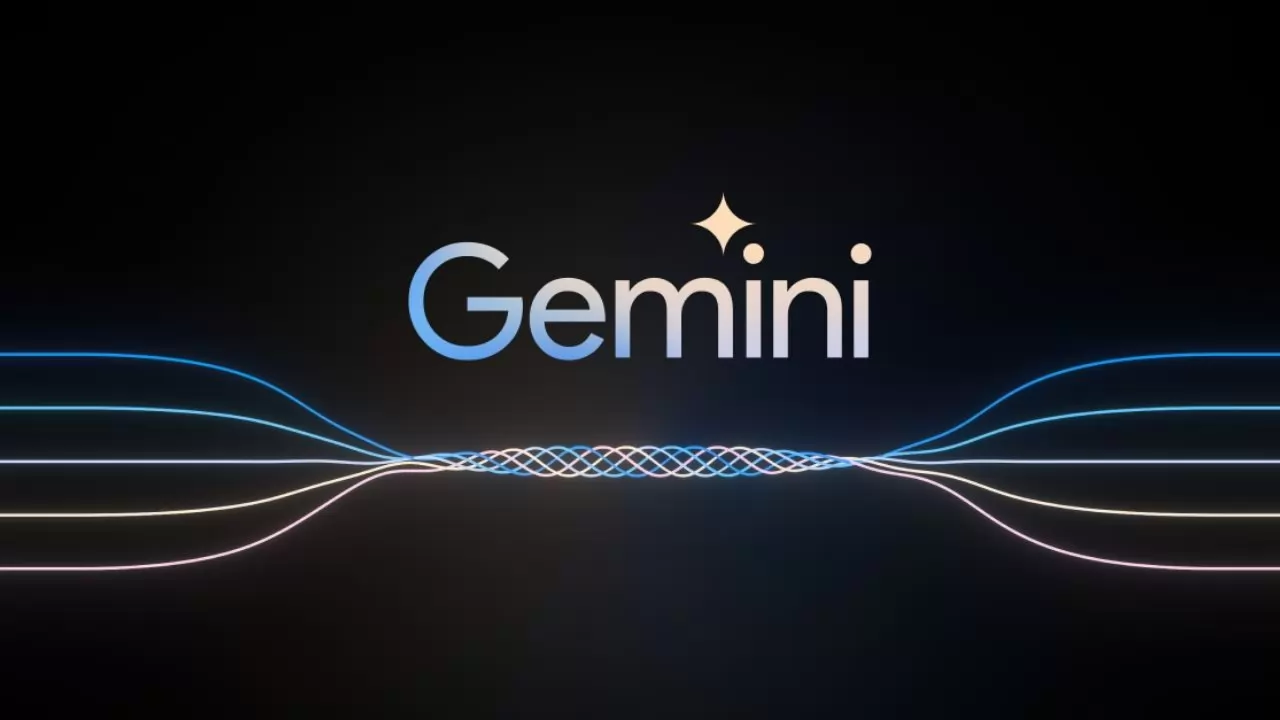
gemini.blog
Google's latest AI innovations, Gemini 1.5 Pro and 1.5 Flash, are being heralded as groundbreaking tools capable of processing vast amounts of data with unprecedented accuracy. These models are touted for their ability to tackle tasks like summarising extensive documents and analysing complex datasets, traditionally challenging feats for AI. However, recent scrutiny suggests they may fall short of Google's ambitious claims.
According to a report from TechCrunch, Google has positioned Gemini 1.5 Pro and 1.5 Flash as adept at handling massive data volumes. The company claims these models excel in summarising hundreds of pages of text and navigating video scenes effortlessly. This capability is attributed to their "long context" feature, enabling them to maintain understanding over extended and intricate data inputs.
Contrary to Google's assertions, recent studies question Gemini's efficacy in handling long-context content. Researchers evaluated these models' performance on datasets comparable in size to works like 'War and Peace'. The findings indicate less-than-impressive results: Gemini 1.5 Pro and 1.5 Flash accurately answered questions about large datasets only 40% to 50% of the time.
Gemini's latest iterations boast handling up to 2 million tokens of context, the smallest units of data equivalent to syllables in words. This capacity sets a benchmark in AI, roughly equating to processing 1.4 million words, 2 hours of video, or 22 hours of audio. It represents the largest context capacity among commercially available AI models.
In a study involving researchers from the Allen Institute for AI, Princeton, and UMass Amherst, the models were tested on their ability to evaluate true/false statements about contemporary fiction books. These tests ensured the models relied on current comprehension rather than existing knowledge. Statements required full plot comprehension, challenging the models' practical understanding.





Copyright © 2026 Top Indian News
